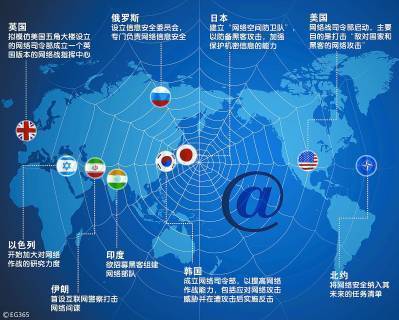|
Precision agriculture, also known as smart farming or precision farming, is a revolutionary approach to agricultural management that leverages technology and data-driven techniques to optimize crop production. This cutting-edge farming method holds great promise in addressing the challenges of feeding a growing global population while minimizing environmental impact. The core principle of precision agriculture lies in the precise application of inputs such as water, fertilizers, pesticides, and seeds based on real-time data collection and analysis. By utilizing advanced technologies like Global Positioning Systems (GPS), Geographic Information Systems (GIS), remote sensing, drones, and machine learning algorithms, farmers can make informed decisions and maximize yields while minimizing resource wastage. One vital aspect of precision agriculture is the use of sensors and monitoring devices. These sensors are strategically placed throughout the fields to gather data on soil moisture levels, temperature, humidity, nutrient content, and pest infestations. This real-time information allows farmers to apply the exact amount of water and fertilizer needed for optimal plant growth, reducing water and chemical usage. Additionally, it enables early detection of diseases and pests, enabling prompt intervention and minimizing crop losses. Another key technology in precision agriculture is drone technology. Drones equipped with high-resolution cameras and hyperspectral sensors can capture detailed images of crops from above. This data is then processed using computer vision algorithms to detect plant stress, nutrient deficiencies, and weed infestations. Farmers can identify specific areas that require attention and take targeted action, optimizing yield and minimizing the use of herbicides and pesticides. Machine learning algorithms play a crucial role in precision agriculture by analyzing vast amounts of data collected from various sources. These algorithms can identify patterns and correlations, providing valuable insights into crop performance, pest behavior, and disease prevalence. Farmers can then adjust their practices accordingly, implementing site-specific strategies that maximize productivity while reducing costs and environmental impact. Additionally, precision agriculture offers enhanced automation and connectivity through Internet of Things (IoT) devices. These devices, such as smart irrigation systems and automated machinery, can be remotely controlled and monitored. Farmers can access real-time information, receive alerts, and make adjustments from their smartphones or computers, improving operational efficiency and minimizing manual labor. The benefits of precision agriculture are manifold. Firstly, it helps farmers optimize resource utilization, reducing input costs and increasing profitability. Secondly, it promotes sustainable farming practices by minimizing the use of water, fertilizers, and chemicals, thus protecting the environment and ensuring long-term soil health. Thirdly, precision agriculture enables better decision-making by providing accurate and timely information, leading to improved crop quality and higher yields. precision agriculture is revolutionizing the way farming is practiced. By harnessing technology and data-driven approaches, farmers can make more precise and efficient decisions, resulting in increased productivity and sustainability. As the global population continues to grow, embracing precision agriculture will play a vital role in meeting the rising demand for food while minimizing the environmental impact of agriculture.  |
